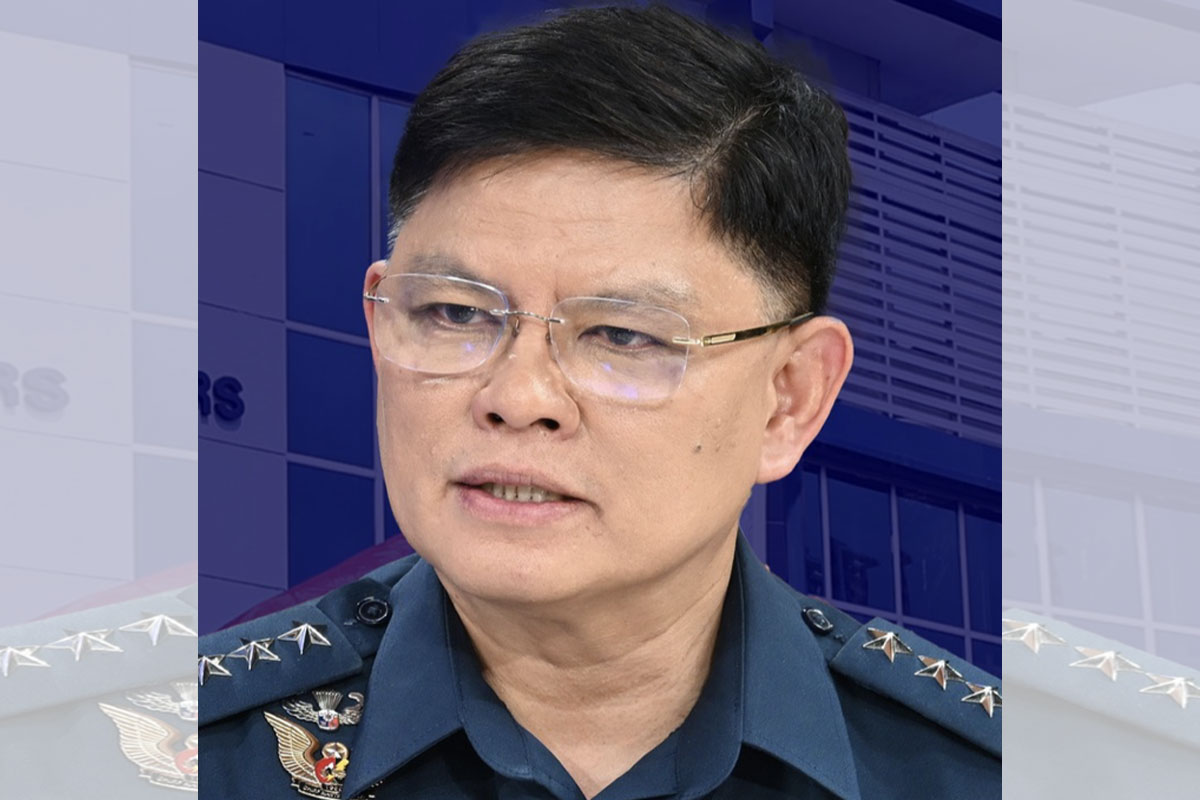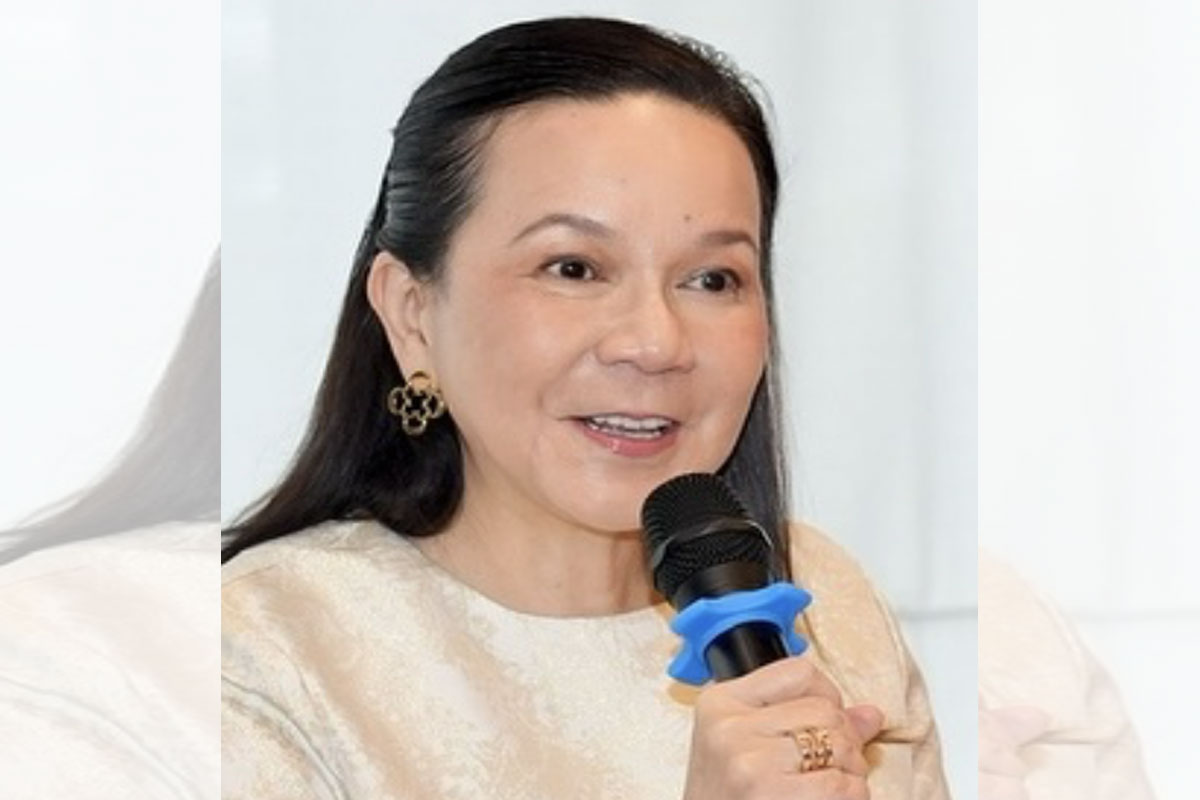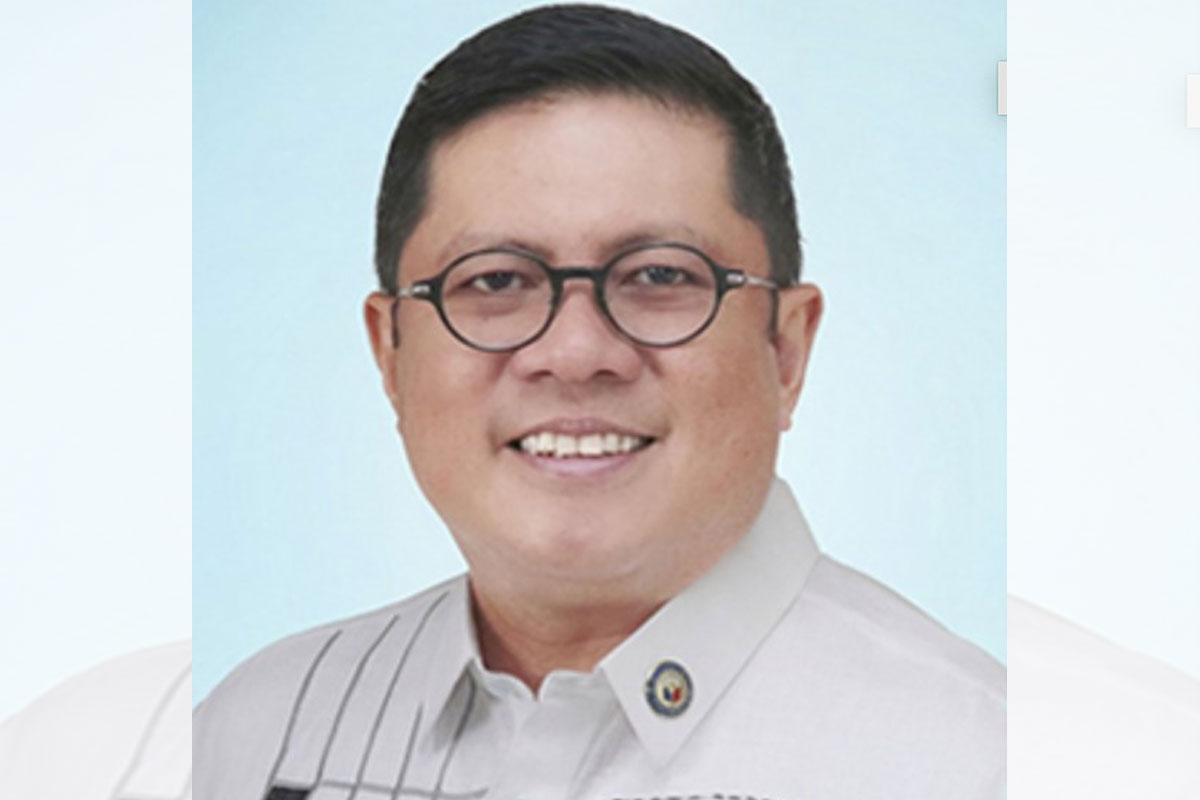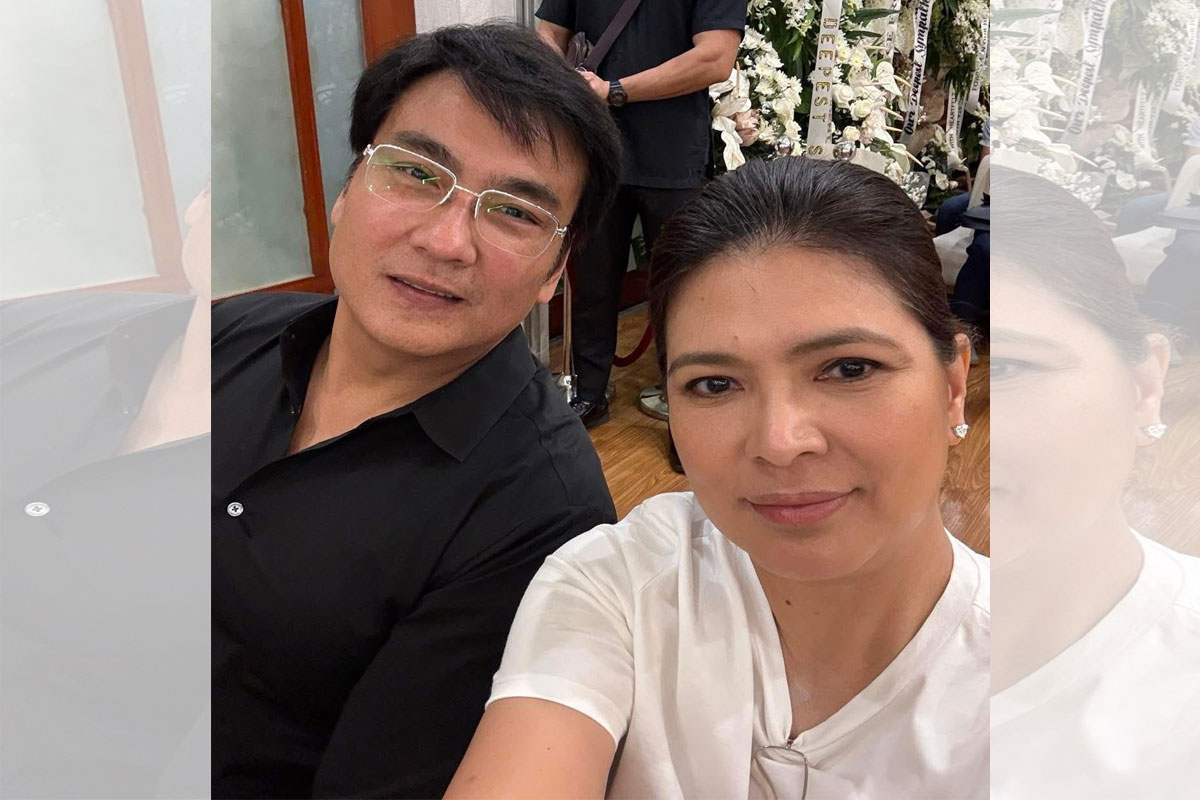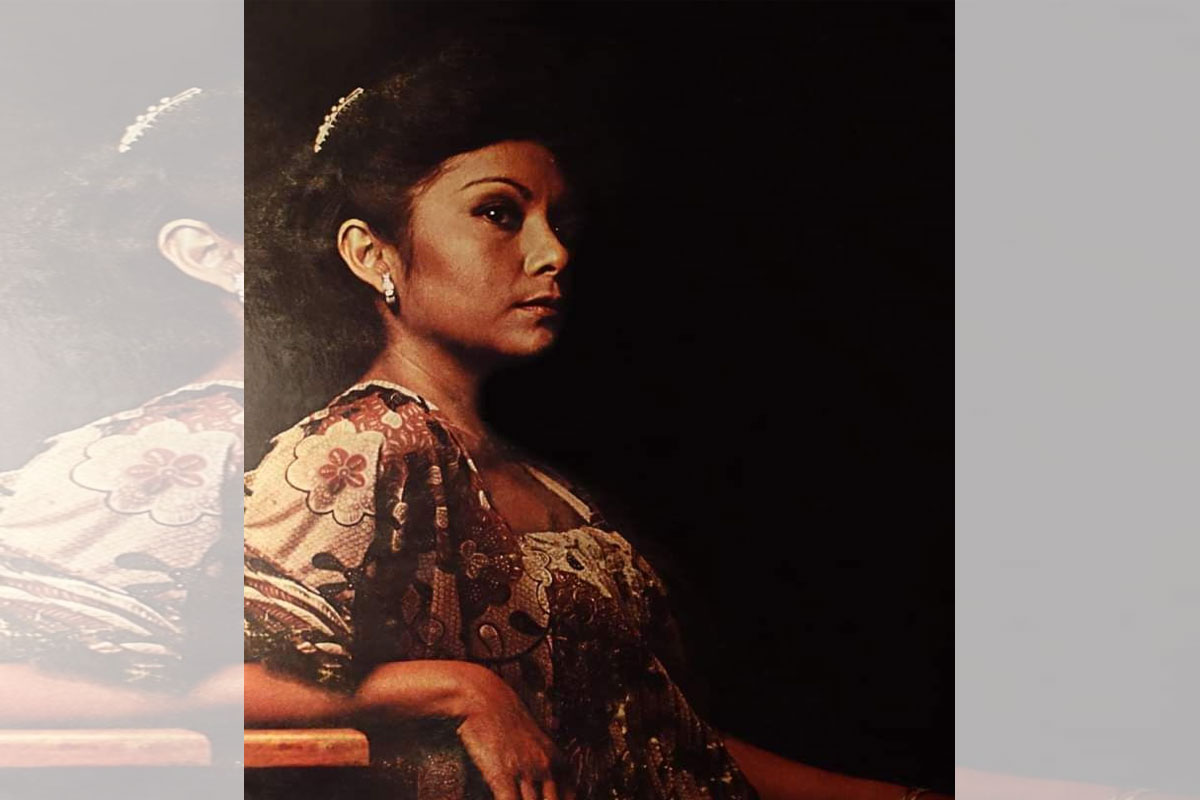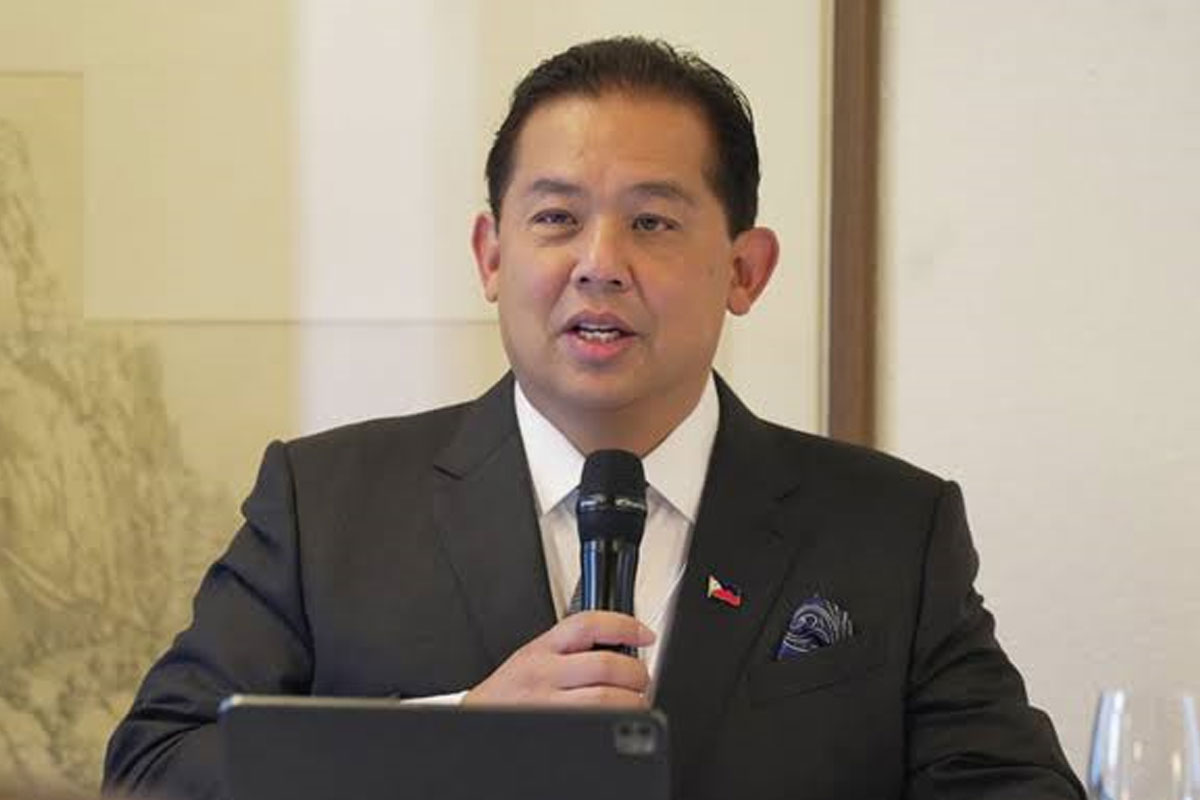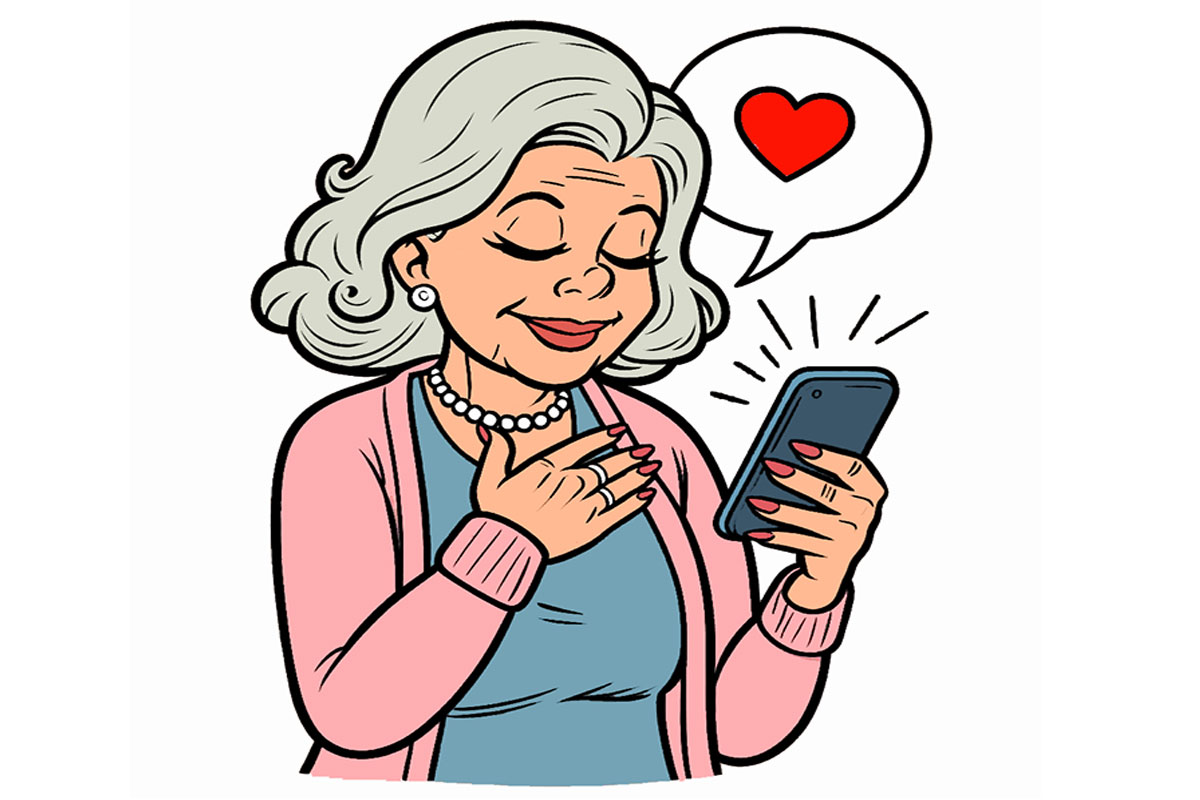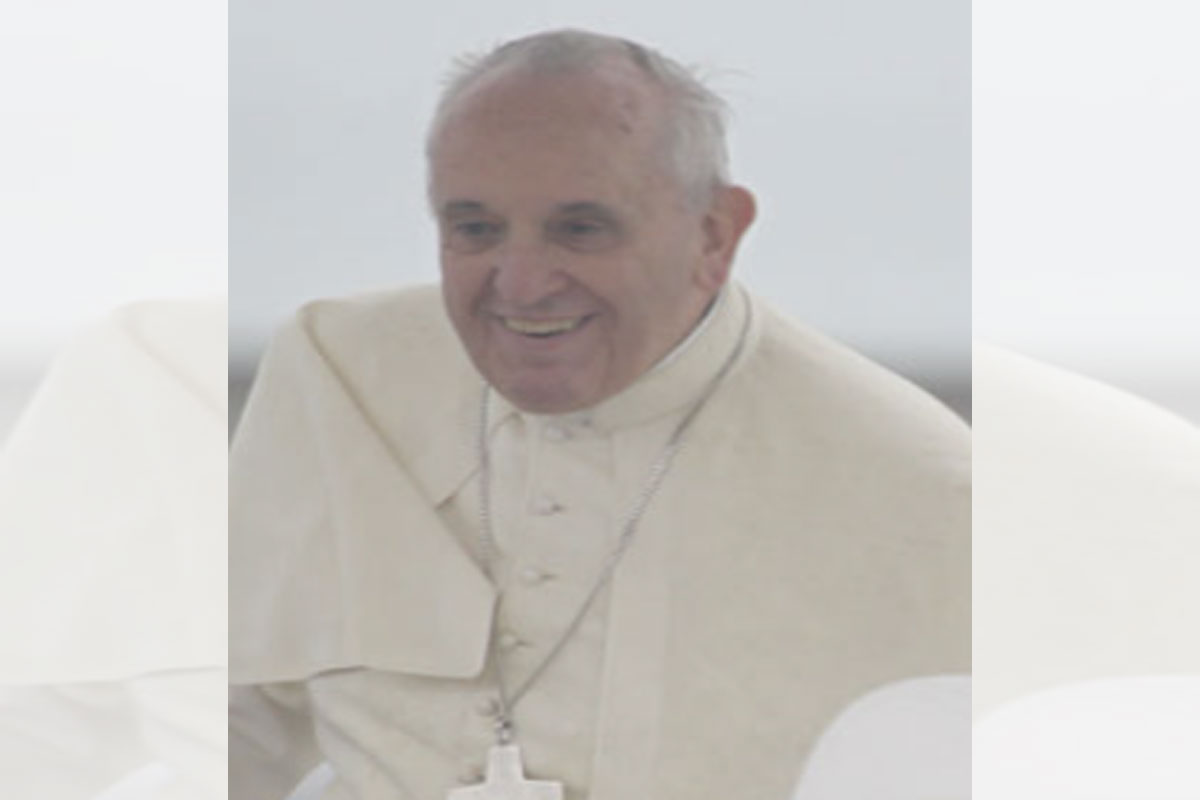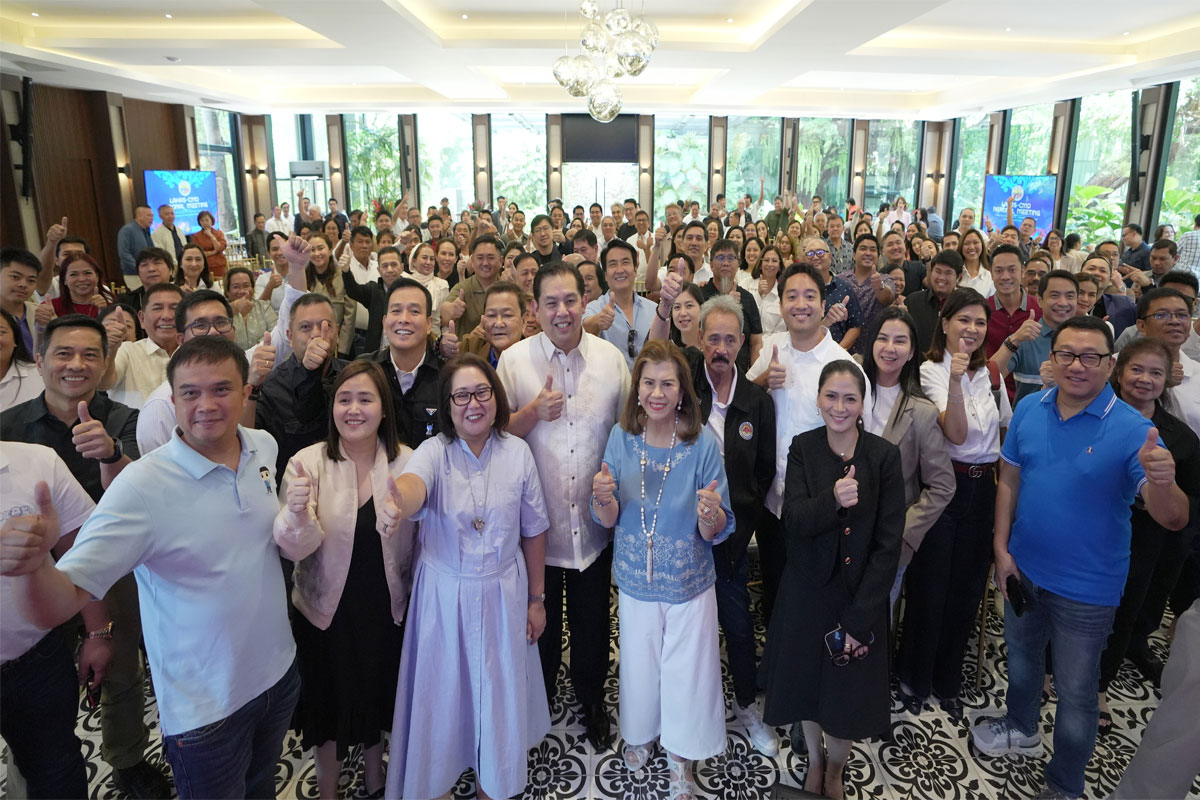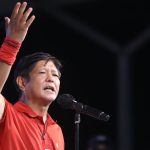
DOH to create ‘grievance’ boards for unpaid benefits of HCWs
CAMARINES Sur Rep. LRay Villafuerte on Friday said the Department of Health (DoH) will be creating ad hoc grievance boards in all regions to investigate and settle complaints on any undue delay or failure of the government to grant the now mandated coronavirus disease-19 (COVID-19) related benefits to the country’s healthcare workers (HCWs) for the duration of the pandemic, in keeping with the new law – Republic Act (RA) 11712 which recently signed by President Rodrigo Roa Duterte.
As provided under RA 11712 or the Public Health Emergency Benefits and Allowances for Health Care Workers (HCWs) Act, Villafuerte said the necessary funding for the extra pay due – is equivalent to P3,000, P6,000, or P9,000 each per month, depending on where these frontliners are stationed, respectively, in low-, medium- or high-risk areas – will be charged against the available appropriations of the DOH and from other sources to be identified by the Department of Budget and Management (DBM).
“This guarantee of adequate state funding for the emergency benefits and allowances of our medical frontliners, retroactive to July 1, 2021, and which they will receive continuously until the state of public emergency resulting from the coronavirus pandemic is eventually lifted, underlines President Duterte’s recognition of the sacrifices being made by our healthcare workers who have been at the frontlines of the world’s battle against the pandemic for more than two years now,” said Villafuerte, an RA 11712 co-author.
Aside from HCWs, the new benefits also cover frontliners who are non-healthcare workers, including those rendering medical, allied medical, administrative, technical, and support services in hospitals, health facilities, laboratories, medical or temporary treatment, and monitoring facilities, and vaccination sites.
To ensure that all HCWs can receive the benefits due them, Villafuerte explained that RA 11712 mandates the DOH to create an ad hoc grievance board in all of its regional offices to according to the law – “receive, investigate, adjudicate and recommend actions to arrive at a settlement of complaints related to the failure of granting the benefits.”
“The HEA shall be released in full if a healthcare worker or non-healthcare worker physically renders services for at least 96 hours in a month; otherwise, the benefit shall be prorated,” Villafuerte, still citing the law, said of the health emergency allowance due HCWs and non-HCWs.
He said the law stipulates that nothing in RA 11712 shall be construed to reduce any existing allowance and benefit under RA 7305 or the “Magna Carta of Public Health Workers” or any other existing law, decree, executive order and contract or agreement that HCWs and non-HCWs have with their employers.
On top of the additional monthly allowance, he said these frontliners are also entitled to compensation if and when they contract the coronavirus, the amount of which will depend on whether they get sick with mild, moderate, or severe infection or if their sickness results in death.
Villafuerte said that in case of death, the heirs of the covered frontliners will receive P1 million, while workers who get sick and are treated as severe or critical cases will each get P100,000, while those with mild or moderate cases shall get P15,000 each.
The Bicolano legislator said the grant of such extra pay to our medical frontliners was provided for in the Bayanihan to Heal as One Act (RA 11469) and Bayanihan to Recover as One Act (RA 11494), which the Congress had passed to strengthen the country’s COVID-19 response and ensure state support for pandemic-hit sectors.
“The expiration of the effectivity of Bayanihan 1 (RA 11469) and Bayanihan 2 (RA 11494) had stood in the way, however, of the full implementation of the Covid-related benefits for our medical frontliners, hence the necessity of enacting this measure into law to make sure that our healthcare workers are able to get their monthly risk allowance for as long as the country remains in a state of a public health emergency,” said Villafuerte, who was the principal author of both Bayanihan 1 and Bayanihan 2 in the House.
Villafuerte is one of the authors of the consolidated bill (House Bill or HB 10701) that was passed on third reading by the bigger chamber last January 31.
The Senate passed its version (Senate Bill or SB 2421) last Feb. 1.
Both chambers then ratified the final version for President Duterte’s approval before they took a break ahead of the three-month campaign period for the May 9 national elections.
Villafuerte has also filed a related measure, HB 9670, which seeks to amend the existing Magna Carta of Public Health Workers by increasing the rates for their overtime pay and other incentives and benefits.
HB 9670 aims to increase the night shift differential pay of public health workers from 10% to 20% regular wage they receive and raise the additional amount they get for each hour of work performed between 6:00 p.m. and 6:00 a.m. the following day from 10% to 20% of such overtime rate.
It also provides a P300 daily subsistence allowance and P10,000 monthly hazard allowance for each public healthcare provider, along with an increase in the laundry allowance for their uniforms from P125 to P500 per month or higher, as may be determined in the future by the health secretary.


